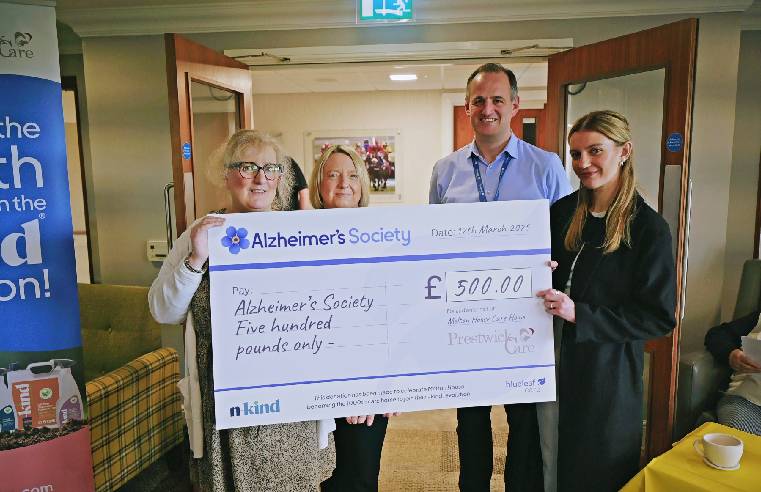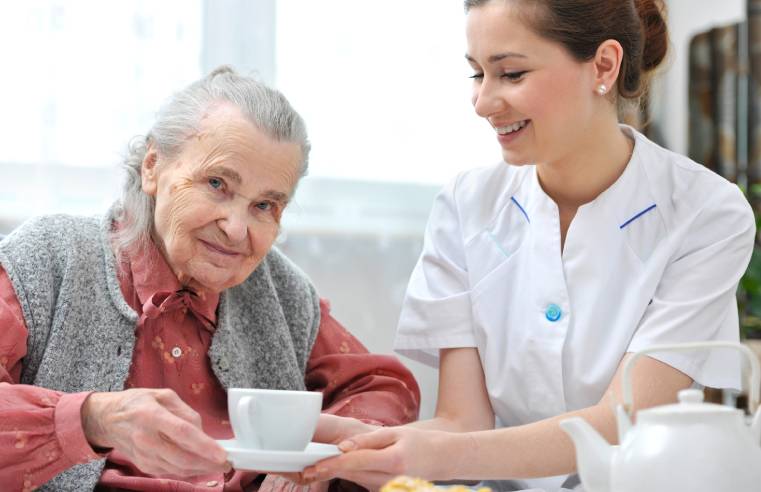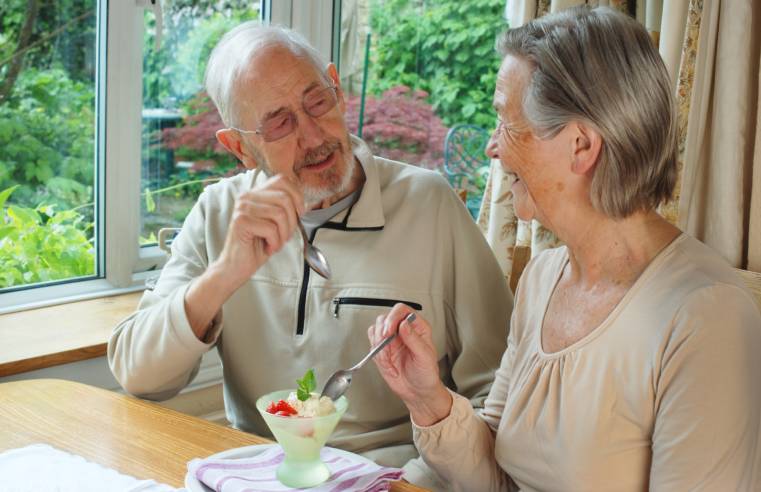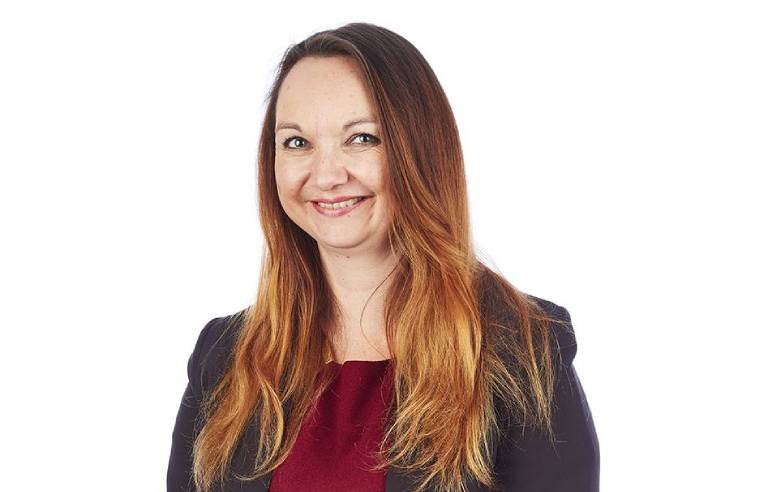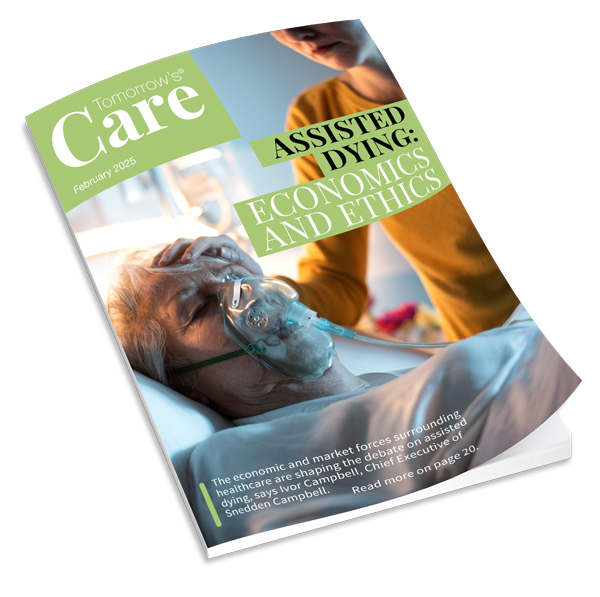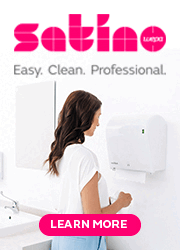As we adjust to the new normal, good hygiene will make or break care homes, says Simon Sassoon, CEO of 99POINT9.
The last few months have been unlike any others in recent memory, as the world has faced the Great Pause; a pause in socialising, a pause in being able to see loved ones, a pause in everything companies consider normal.
This seismic shock has left companies reeling and wondering how or when normalcy might be achieved. Restrictions have eased, but fears of a second wave loom large. What can companies do? How can care homes persuade families every reasonable and forward-thinking precaution is being taken?
COVID-19 has changed consumer behaviour permanently. Its viral nature means we know we’re only as strong as the weakest link in our chain. That weakness - wherever it is – has the power to change lives, and end lives.
Hygiene is now at the heart of everything. For care homes – it will make or break reputations and may even determine their survival. Consumers are sometimes difficult to predict, but, are undoubtedly savvy and know authenticity when they see it. As importantly, consumers are humans – and that means care homes must contend with human nature.
Rightly or wrongly, families can perceive care homes as Petri dishes of infection. It’s only natural that they will ask themselves questions such as: Is my grandmother safe? Have other visitors washed their hands? What standards do care home management teams adhere to?
That is human nature, and you cannot argue with it. Perception is everything.
I was described by The New York Times as seeing the ‘future of germs’ and I did. Hygiene is now front and centre – as I knew it eventually would be.
My company’s research shows 75% of the public’s attitudes to hygiene have changed ‘permanently’ due to COVID-19. Only 50% believe there is adequate protection from a disease when cleaners are seen to wipe a door handle and even fewer (22%) have a ‘high level of trust’ in building owners to maintain necessary hygiene standards.
The knock-out statistic is that 75% of the public say they are more likely to visit or have loved ones inhabit a building, if there is a visible, automatic cleaning device.
The logic is clear. If a hygiene product visibly keeps people safe, comfort levels are far higher than somebody telling you they’ve maintained hygiene. Hourly rotas in shabby restrooms are of little use if other restroom users, with low hygiene standards, enter 10 minutes after the last clean.
The onus is on care homes to reassure consumers. Is the old hygiene strategy enough? No, it is not. Families with elderly loved ones need to see effective precautions visibly being taken. Care homes may feel they are doing enough but you cannot buck human nature. Families will go where they feel their loved ones will be safest.
The ethics and reputations of companies are also under major scrutiny. The trend for public shaming of corporate behaviour has escalated. Families will ask if care homes are making the effort and doing the right thing.
The world has changed, and traditional hygiene services are not built for the new normal care homes now inhabit. In a COVID-world, sub-optimal hygiene can mean the loss of a loved one.
I deliberately focus on door handles. They are everywhere and the highest communal contact point in our daily lives. My company produces the only automated door handle-disinfecting system approved by the US Environmental Protection Agency. We are fortunate to have the former CEO of the British Medical Association on our medical board.
The best hygiene needs the best science, and we’ve got it.
The need for visibly high standards of hygiene has arrived, and there is no turning the clock back on that phenomenon.







